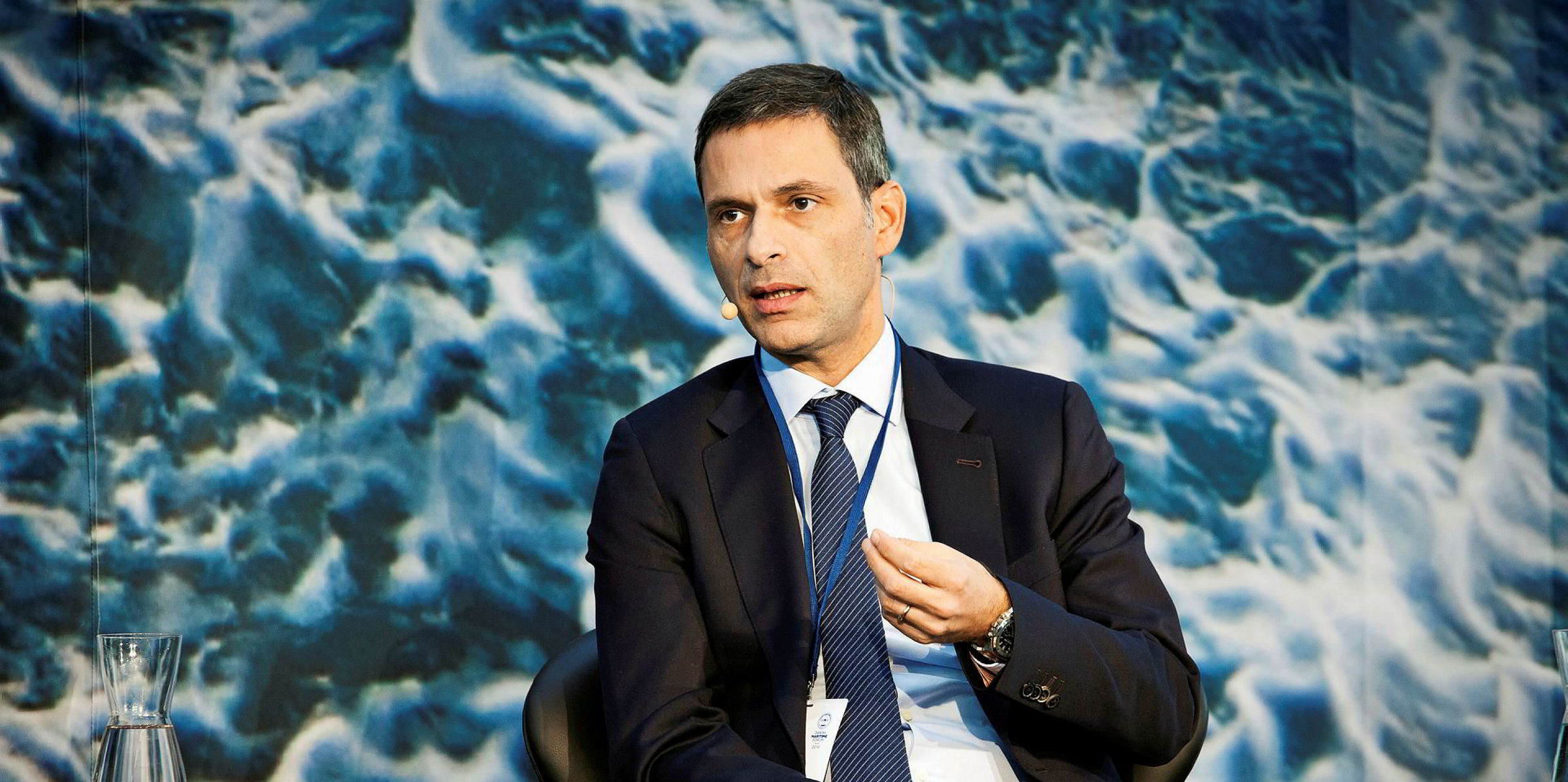Cyber attacks on AP Moller-Maersk, Cosco Shipping Lines, Mediterranean Shipping Co, Carnival Corp and CMA CGM have cost hundreds of millions of dollars.
Such incidents are finally encouraging shipowners to take cyber security more seriously.
The issue is a growing priority for shipping companies. By 1 January, they must ensure that all ships have robust cyber security measures fully integrated into their safety management system.
The additional requirement is part of the International Maritime Organization’s safety management regulations and covers digital operation and control technology related to shipmanagement.
Most of the reported cyber-attacks on shipping companies appear to have targeted information technology systems that run shore-side business and administrative operations. But there is increasing concern the incidents will start to affect ship operation systems, putting safety at risk.
The commercial market has responded. Cyber security management is assessed in the tanker industry under the Tanker Management and Self Assessment programme. In the dry bulk industry, it is an important criteria in vetting carried out by RightShip.
Cyber-related incidents are largely excluded from hull and machinery insurance, which is causing some concern. However, cyber risks are included in most protection and indemnity policies.
In the face of the increased cyber-threat, insurance cover providers are now required to make clear if cyber security is one of the risks covered in policies.
The insurance market has also seen the emergence of a number of specific marine products aimed at covering risks related to cyber-attacks.
These include insurance broker Willis Towers Watson, which launched CyNav this year to cover cyber security-related operational risks. Also, Beazley is offering Cyber Defence for Marine, and Bermuda-based SIGCo is marketing Cyber Hull Insurance.






